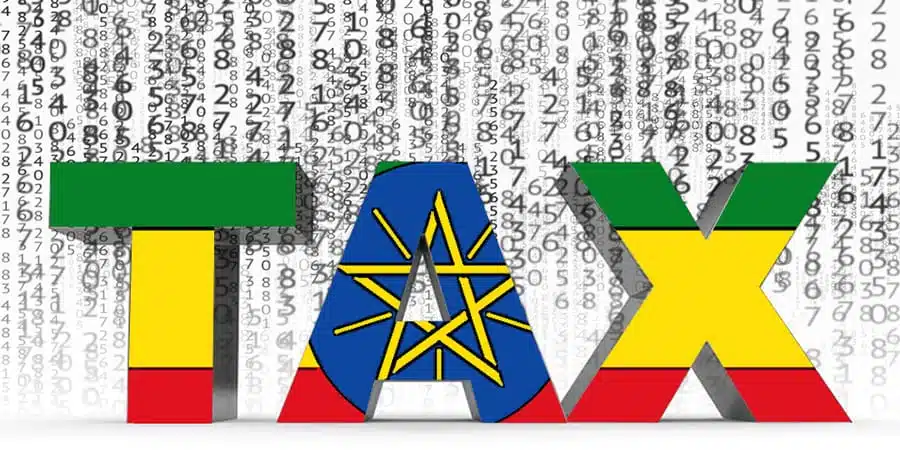The Namibia Revenue Agency (NamRA) has reported tax collections of N$79.3 billion ($4.3 billion) as of 31 January 2025, bringing the country within striking distance of its N$85.3 billion ($5.3 billion) target for the 2024/2025 financial year.
According to NamRA’s latest data, domestic tax collections accounted for N$31.36 billion ($1.7 billion), while customs and excise duties contributed N$48 billion ($2.6 billion). The financial year runs from 1 April 2024 to 31 March 2025, leaving Namibia with two months to bridge the remaining gap.
The agency also reported progress in taxpayer registration, with 564,504 individuals recorded on the Integrated Tax Administration System (ITAS) portal. Overall, Namibia has 1,092,862 registered taxpayers, of whom 1,000,053 are classified as active.
On staffing, NamRA disclosed a workforce of 1,526 employees, including 1,416 permanent staff, alongside seconded employees and interns.
It would be recalled that Namabi generated N$45.1 billion ($2.6 billion) in net tax revenue between April and September 2024, highlighting the agency’s accelerated collection efforts in the former half of the fiscal year.
Recent changes in Namibia’s tax landscape
The latest development follows the passing of the 2024 Income Tax Amendment Bill in August 2024, which introduced sweeping changes to the country’s tax structure.
Among the most significant amendments is the gradual reduction of the corporate tax rate for non-mining businesses, which dropped from 32% to 31% for tax years starting 1 January 2024, with a further reduction to 30% from 2025.
In an effort to provide relief to lower-income earners, the individual income tax threshold has doubled from N$50,000 ($2,718) to N$100,000 ($5,437), effectively reducing tax obligations for many Namibians.
Additionally, the Value Added Tax (VAT) registration threshold was increased from N$500,000 ($27,189) to N$1 million ($54,379), reducing compliance costs for small businesses.
The reforms also introduce stricter rules on assessed losses. Businesses can now only deduct up to N$1 million ($54,379) or 80% of taxable income, whichever is higher, while loss carryforwards are now capped at five years, except for mining, petroleum, and green hydrogen companies, which have a 10-year limit.
Furthermore, in a move to curb tax avoidance, the government has tightened regulations on corporate financial structures.
New transfer pricing rules formally define “connected persons,” increasing oversight on transactions between related entities.
The thin capitalisation rule has been replaced by a new interest deduction limit, capping net interest expense deductions at 30% of taxable EBITDA for connected companies. This measure is expected to prevent excessive debt structuring for tax benefits.
These efforts signal Namibia’s commitment to balance revenue collection with economic growth while addressing tax avoidance and ensuring businesses contribute fairly to the economy.






